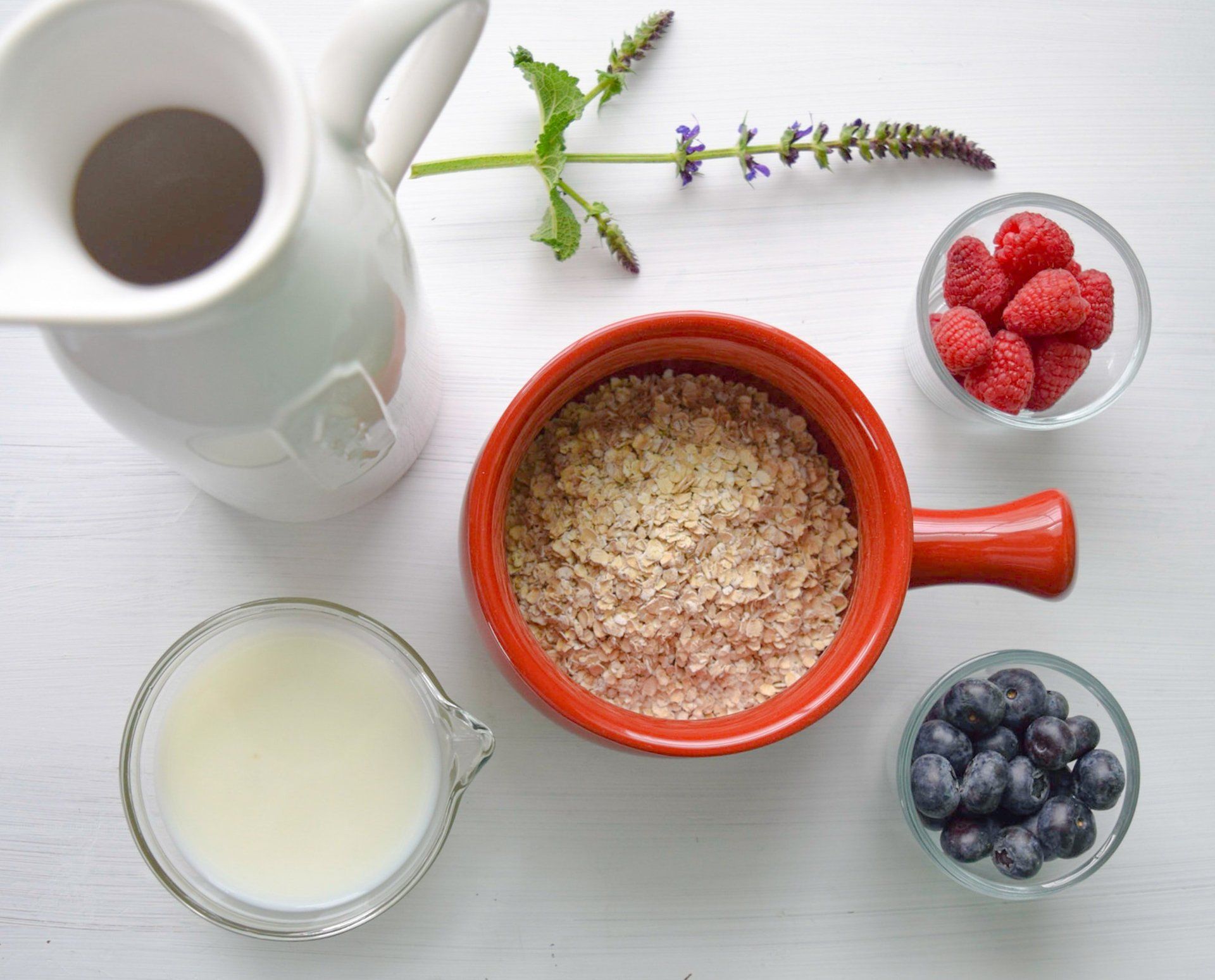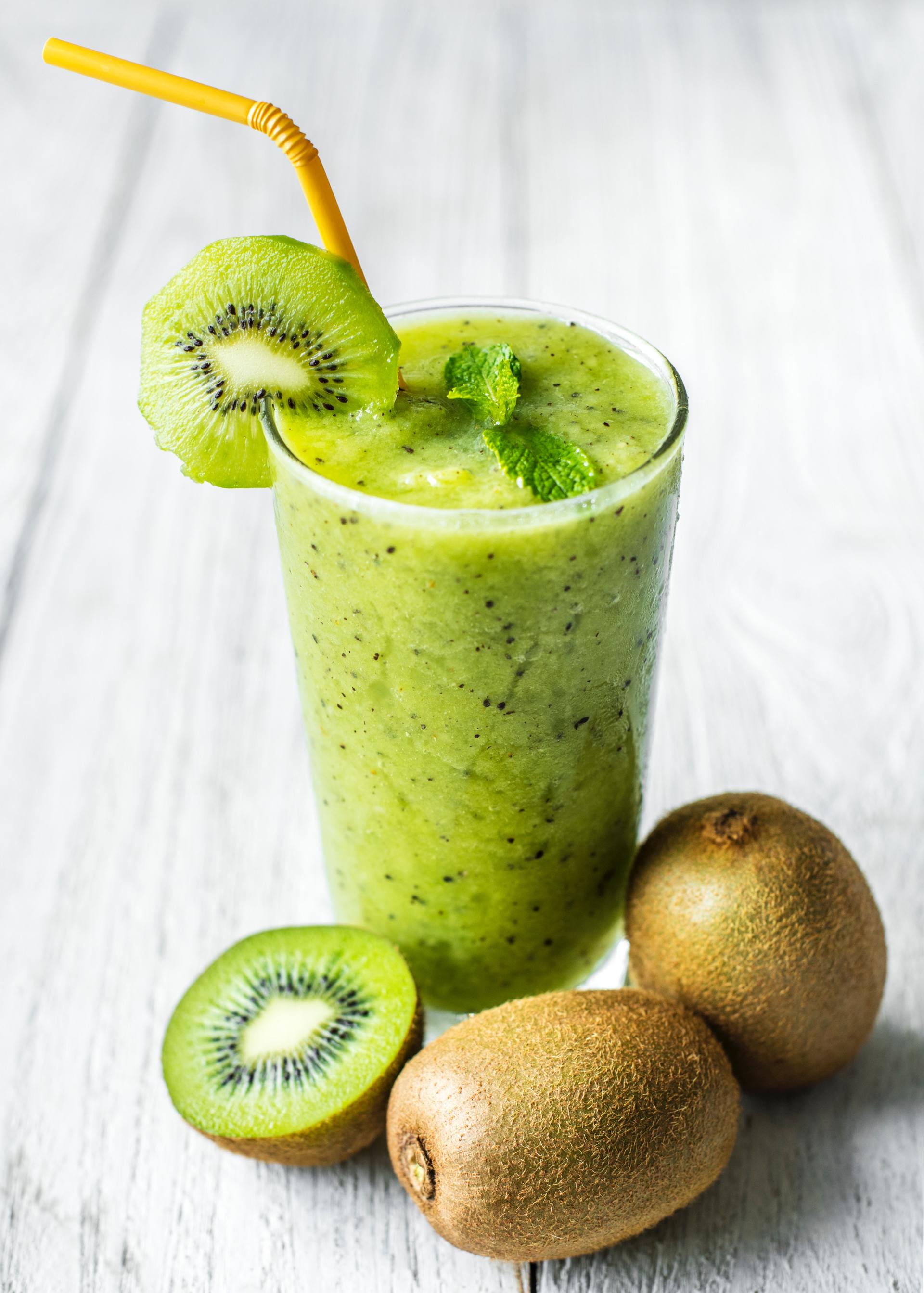Why All the Fuss About Self-Care?
It's any activity or practice that's embraced solely for the purpose of one's well being. Self-care comes in all forms: making nourishing meals, doing exercise, meditating, spending time in nature, oil pulling, or treating oneself to a facial.
Everyone’s talking about self-care. It’s all over social media as #selfcare and it’s popping up on blogs and in workshops. Self-care may be a trend, but it’s one that’s much needed!
What is self-care, anyway?
Self-care is exactly what it sounds like: taking care of oneself. It’s any activity or practice that’s embraced solely for the purpose of one’s well being.
Self-care comes in all forms: making nourishing meals , doing exercise, meditating, spending time in nature, oil pulling, or treating oneself to a facial. It’s not one specific practice, but anything done to nourish the body or mind.
Why do we need to take care of ourselves?
It is a very common phenomenon to get so caught up in daily life–work, kids, relationships, errands, and family commitments—that we leave little time for ourselves. The mornings are the opposite of leisurely as we hop in and out of the shower, smudge on makeup in the car, and wolf down breakfast at our desk.
If we’re a parent, we so lovingly devote all of our attention to our children that we barely have time to wash our hair. Whether we spend the day at work or with our kids, it can easily fly by in a flurry of meeting deadlines.
Evenings are equally as rushed with just enough time to slap dinner together or grab something to go on the way home. There’s no real transition between the evening’s activities and the day’s work: brush teeth, hit the pillow. Wash, rinse, repeat.
As an ayurvedic practitioner, I witness this scenario in many of my clients’ lives.
hey feel as if there is no time for self-care. But without making an effort to care for their wellbeing , they end up feeling worn out, lacking energy and plagued by pesky physical ailments like gas and bloating, which are not only uncomfortable but can lead to bigger problems. Life feels like a whirlwind. It’s easy to lose sight of the bigger picture when life is lived without pause.
Becoming mindful of your needs
Here is where self-care comes in. It’s a pause; time devoted to taking care of one’s temple.
Without some belief in a greater purpose in life, self-care seems futile. But if we have even an inkling of a spiritual slant, such as believing in a greater energy, or that there’s a soul, the importance of self-care is undeniable.
All Vedic sciences—yoga, ayurveda , and tantra—are based on the philosophy that we are not only body and mind, but a soul. We were born into this specific body in this lifetime to fulfill our dharma , or purpose, for the evolution of our spirit.
Life is a gorgeous, ever-reaching web of actions and their reactions, opportunities to grow, and chances to love both ourselves and others. No effort is futile and no action goes unnoticed.
In Vedic teachings, there are four aims of life:
Dharma – righteous living, one’s purpose in life
Kama – pleasure, enjoyment of life and relationships
Artha – wealth
Moksha – inner peace
From a spiritual perspective, self-care is the act of taking care of the body and mind so that our soul has the healthy abode needed to fully participate in a well-lived life. Without health, it is difficult if not impossible to fulfill our dharma , whether that’s work or family life.
Without health, we are unable to fully enjoy the pleasures of life. Think back to a time when you had a cold and couldn’t taste anything. Being sick reduces the amount of pleasure you can experience, and living in this human incarnation is absolutely meant to be pleasurable.
Without health, it’s difficult to make the money needed to enjoy the pleasures of life. And finally, without health, the mind struggles to be at peace.
Each goal of life is dependent upon good health . Self-care is making the effort to care for one’s body and mind so that the health is not a roadblock. This gives us the greenlight to embark on our soul’s journey.
How to fit self-care into your daily routine
If the scenario that I previously described (busy work and/or family life) resonated with you, you may believe that there’s no time for self-care. Self-care may feel indulgent when your time should be devoted elsewhere.
But the thing about self-care, much like meditation , is that the five minutes spent on your body and mind amplifies your ability to accomplish everything else in your day. Five minutes spent toward relaxation—whether it’s doing breathing exercises, taking a bath, or giving yourself a massage–calms the mind. With a calm mind you are able to approach everything else in your life from a much better place, making work and family commitments easier and smoother.
I encourage you to begin with five minutes of self-care a day, either in the morning or evening. Choose one or two of the following practices to start.
Self-care tips
- Drink a cup of hot water upon rising
- Lie in savasana for 5 minutes and just breathe
- Say a prayer of gratitude before your meals
- Give yourself a facial
- Take a bath
- Make yourself a golden milk
- Read a spiritual book
- Walk in the grass with bare feet
- Cook yourself a warm breakfast
- Practice 5 minutes of yogic breathwork (pranayama)
- Give yourself a warm oil massage (abhyanga)
- Listen to mantra music
Once you feel the difference in your state of mind, you’ll be inspired to incorporate more practices until you’re a believer in self-care, too.










